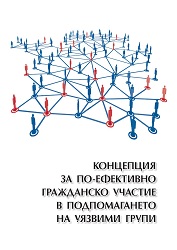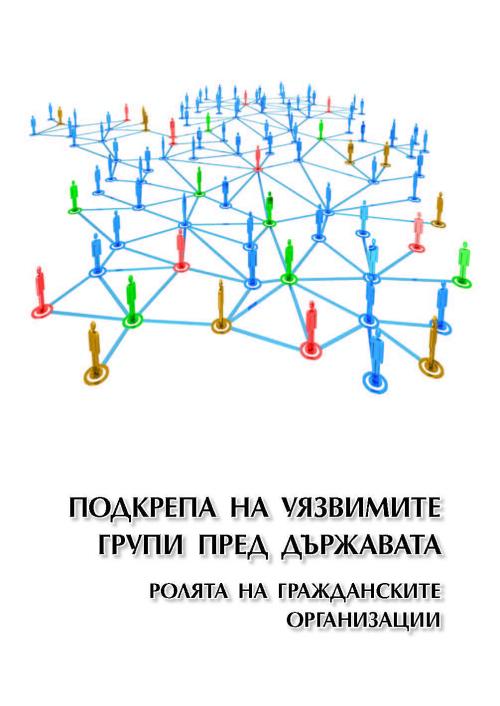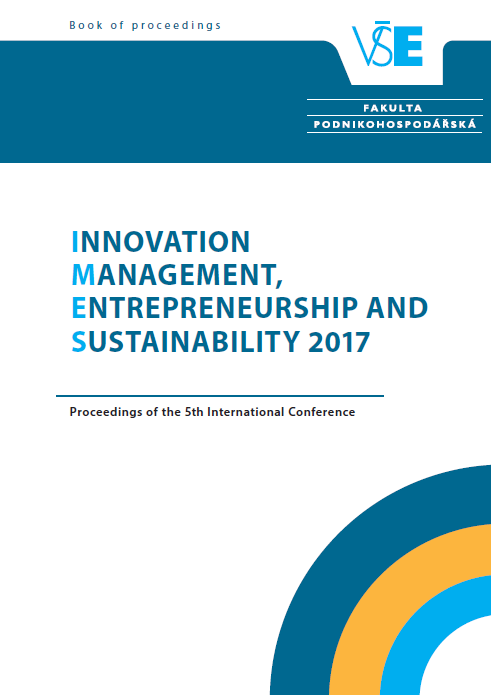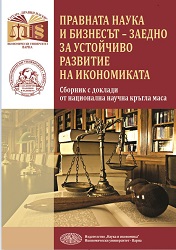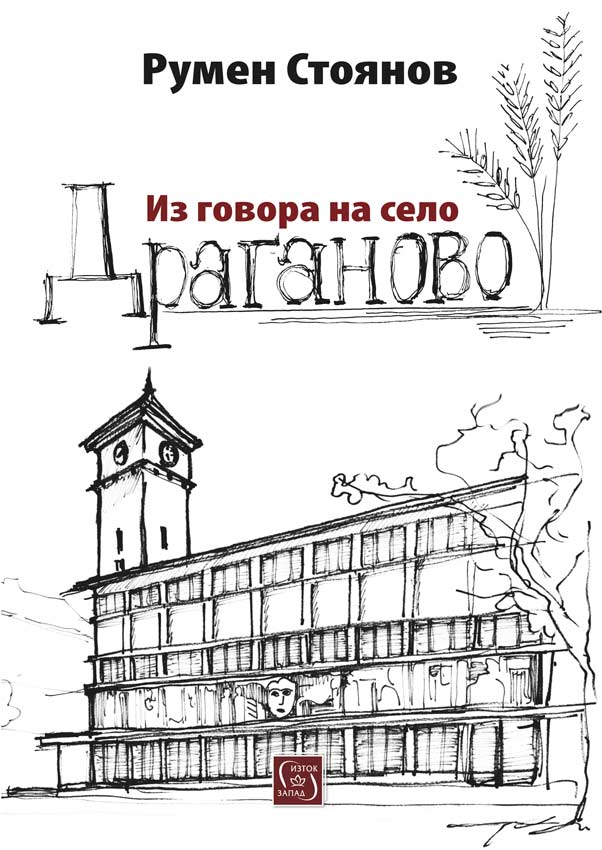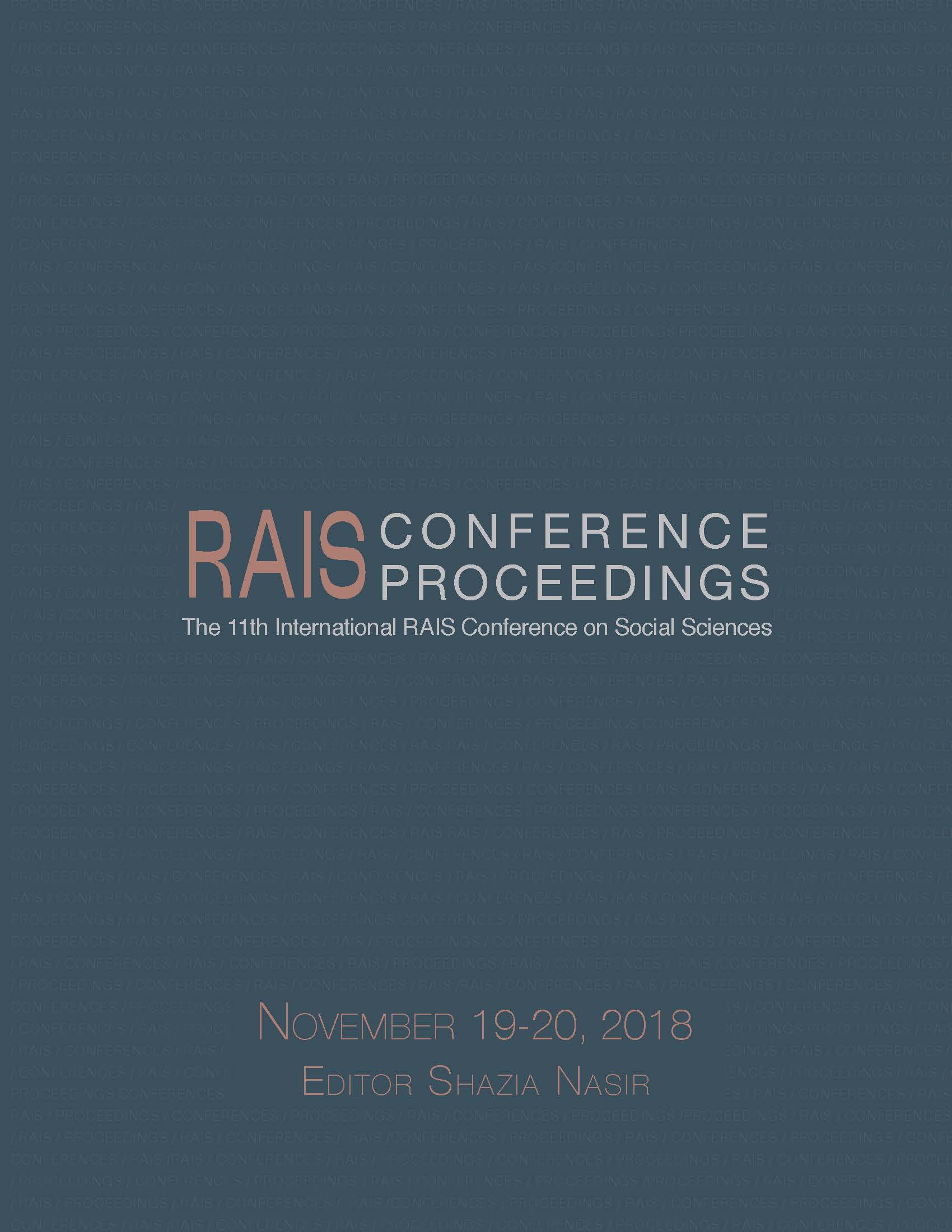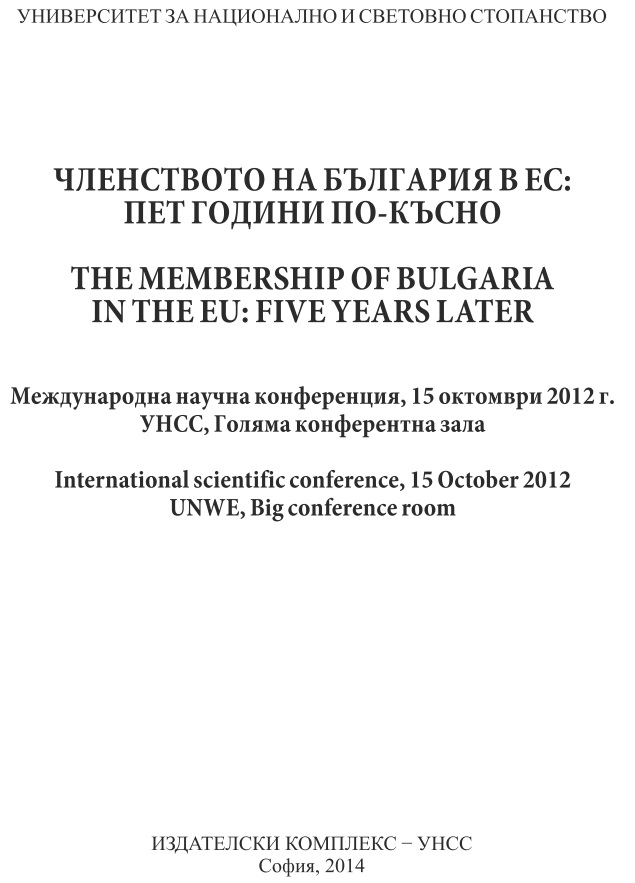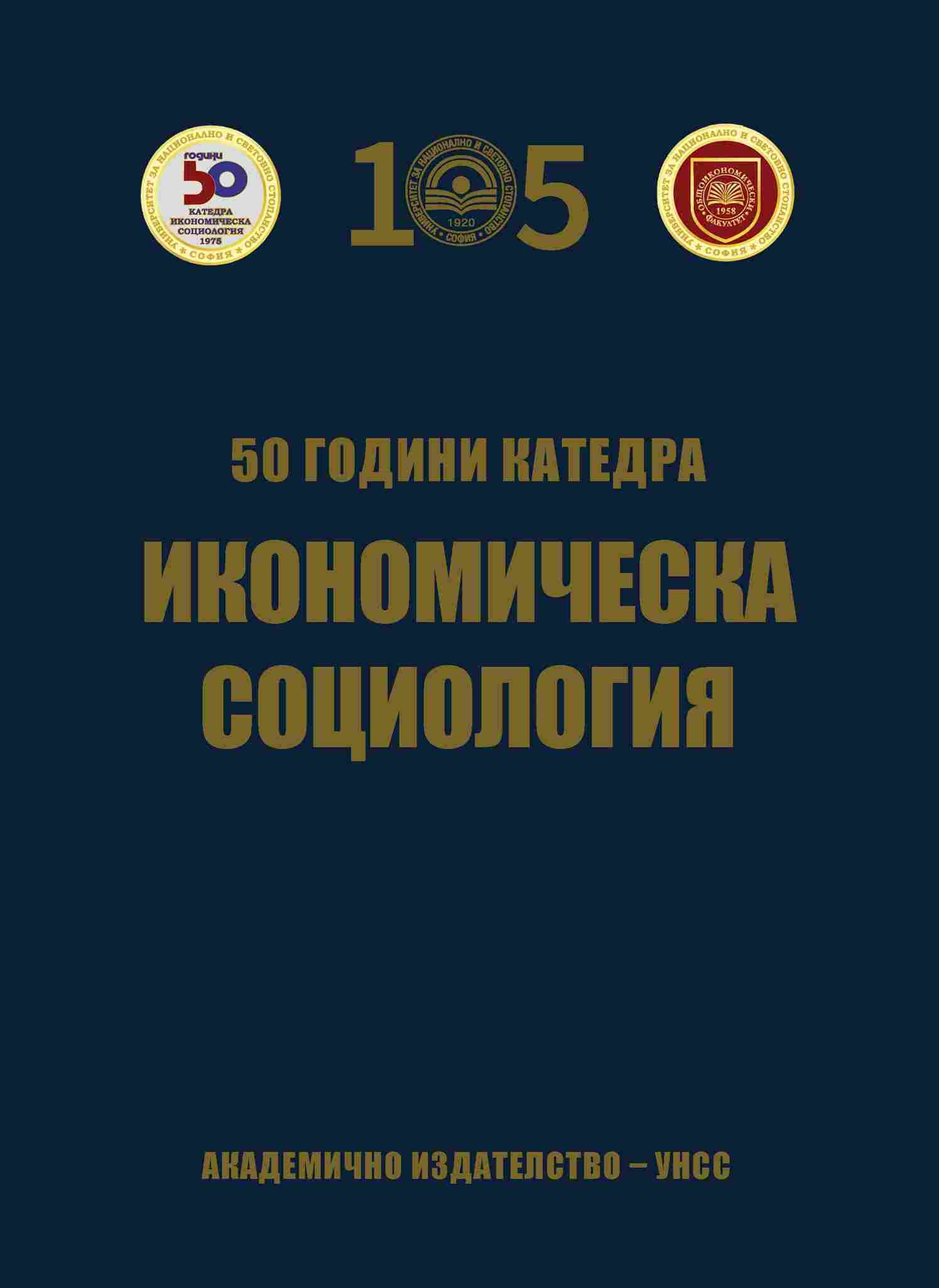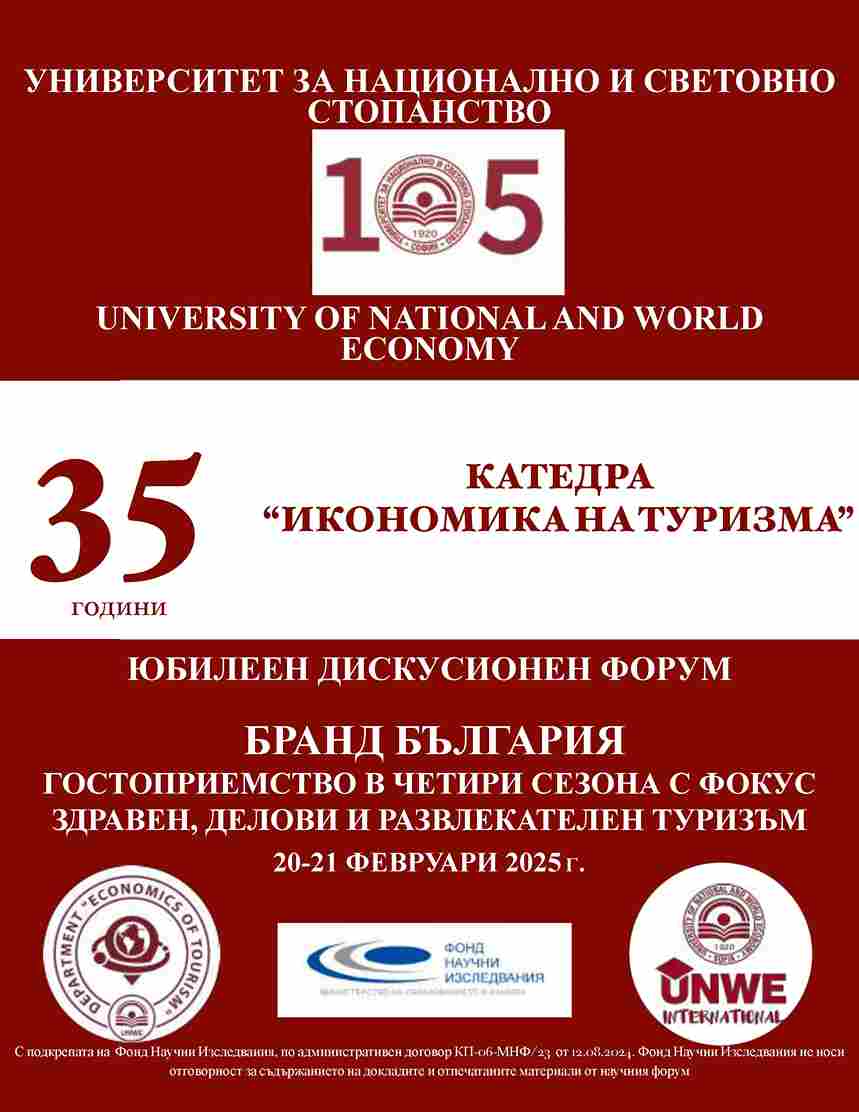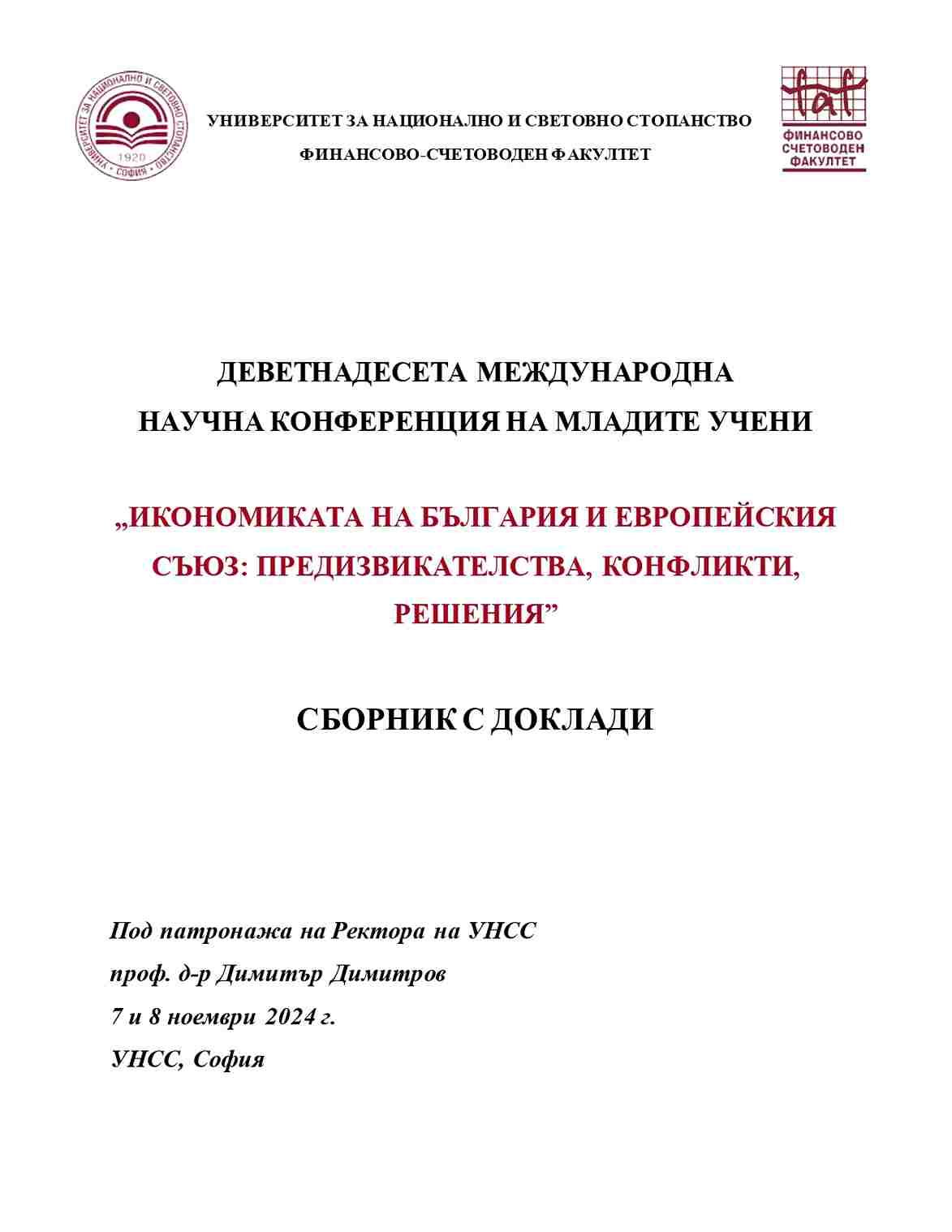Author(s): / Language(s): English
The 5th International Conference Innovation Management, Entrepreneurship and Sustainability (IMES 2017) took place on May 25-26, 2017 at the University of Economics, Prague. The conference was organised by the Department of Entrepreneurship of the University of Economics, Prague, Czech Republic in cooperation with Faculty of Management, Comenius University in Bratislava, Slovakia and Perm National Research Polytechnic University, Russia and other partners.Sound keynote speakers – William B. Gartner (Copenhagen Business School), Bengt Johannisson (Linnaeus University), Jerzy Cieślik (Kozminski University), Art Gogatz (World Innovation Team), Alistair J. Fee (Queen´s University Belfast), Lorraine M. Uhlaner (EDHEC Business School in Roubaix), Matt Johnson (Leuphana Universität Lüneburg), and Martin Lukeš (University of Economics in Prague), discussed the trends in the fields of innovation management, entrepreneurship and sustainability. The conference aimed to achieve academic excellence in a regional context and to establish a platform for mutual collaboration, exchange and dissemination of ideas among researchers and professionals.This conference proceedings contain contributions of the conference participants presented during both days of the conference. Authors of papers come from 20 countries all over the world, namely from Canada, Croatia, Czech Republic, France, Germany, Hungary, Chile, Lithuania, Nigeria, Paraguay, Poland, Russia, Serbia, Slovenia, Slovakia, Spain, Sweden, Switzerland, Turkey and USA. All these contributions have successfully passed the doubleblind peer-review process.
More...
